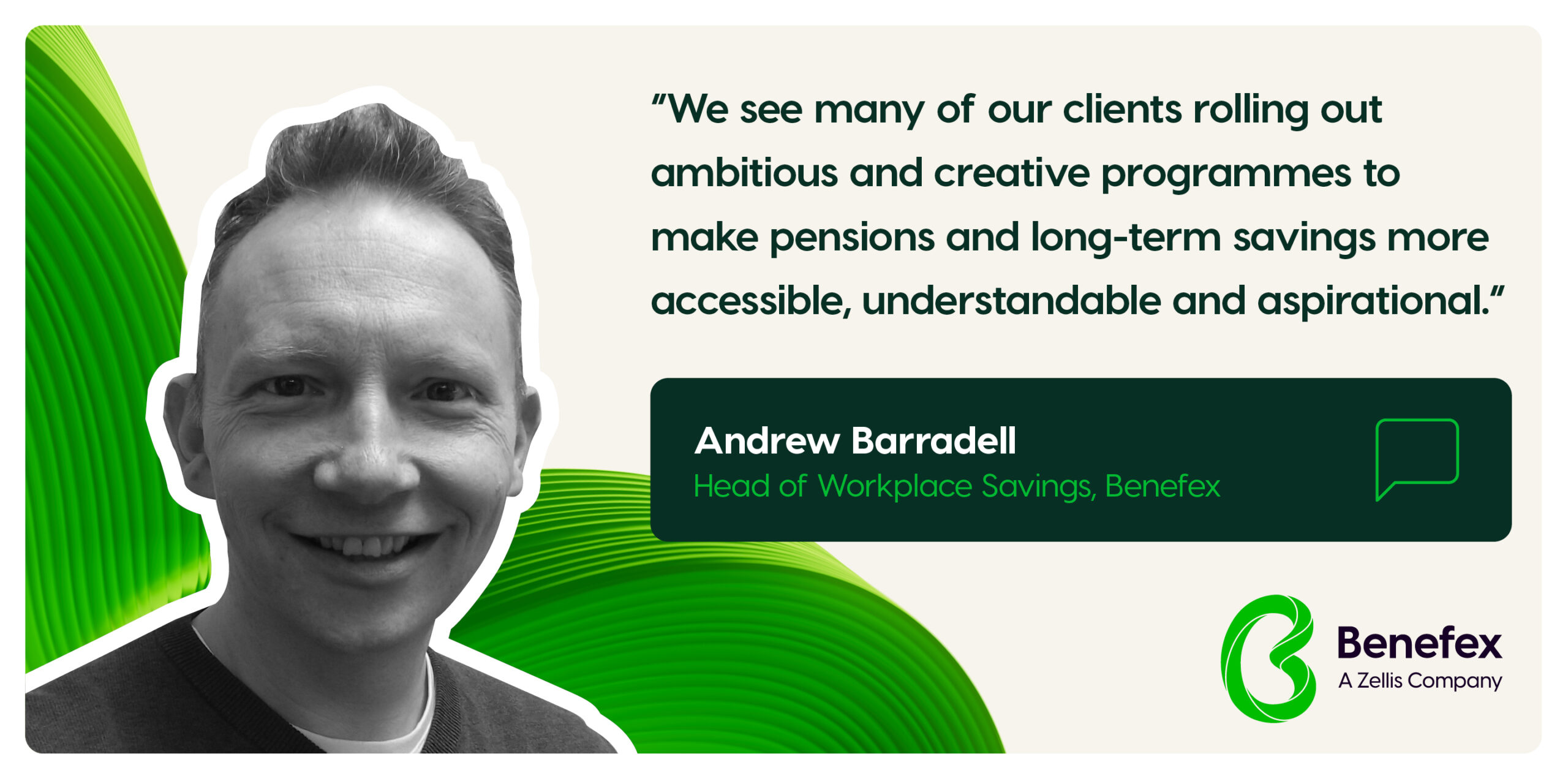
Employee Benefits
5 ways employee benefits can help ease cost of living crisis
09-01-2023
Supporting employee wellbeing through employee benefit schemes
Recent turbulence such as the Covid-19 pandemic, worldwide crises and rising costs means employee wellbeing is suffering. Employers need to fully understand employees’ day-to-day worries so they can support their needs and help them through uncertain times.
The cost of living crisis is top of mind for many employers right now; indeed, 50% of UK households have seen a significant increase in their everyday spending since the pandemic and energy bills have been increasing 14 times faster than wages (TUC figures).
As there’s an impact on living standards across the board, low and middle-income families will be hardest hit. Employees need support to save money, make their pay go further and protect their financial futures.
So how can employers help make life a little bit easier for their employees in the face of the economic crisis?
Employee benefit schemes are becoming more important than ever to support employee wellbeing.
How employees can lean on employee benefits:
As one in three UK employees are finding it hard to keep on top of their outgoings, employers need to make sure employees are getting the most out of their benefits programmes. The right employee benefits platform can help your employees to:
1. Reduce food costs
The impact of rising food costs is set to get worse for UK households, with ongoing supply chain pressures and a tense political climate. In February 2022, grocery prices rose at their fastest rate in eight years, with food price inflation hitting 4.3%.
Employee discount schemes, often overlooked, can help employees cut costs. The rise in grocery prices will add £215 per year to the average household bill, but if employees spend on a discounts and cashback platform, a Sainsbury’s shop, for example, would decrease by £250 a year.
2. Navigate rising fuel costs
This year, UK fuel costs have risen at the fastest rate for 30 years. It now costs on average £89.80 to fill a typical 55-litre family car with petrol – £21.91 more than a year ago. However, discounts in the form of digital gift cards and cash back can make employees’ net pay go further when it comes to fuel.
Enabling employees to buy an electric car through a salary sacrifice scheme can also help: schemes include tax advantages as well as insurance, maintenance costs, tyres and breakdown cover – making it a cheaper way to run a car for many employees (with the added benefit that they can do their bit for climate change).
3. Create a buffer against financial risk
Financial wellbeing is an incredibly important part of employee wellbeing and is even more essential in an inflationary economic environment. The most advanced wellbeing programmes help boost employees’ confidence in financially planning and coping with financial pressures and challenges. Benefits have a key role to play, supporting employees and their families against key risks.
Income protection is a little known and often misunderstood benefit. Although it is sometimes seen as complex, it can be one of the most important insurance products for employees, protecting them against being unable to work through illness.
Unlike other insurance products, payments can last for a long time and they almost always pay out – The Association of British Insurers says 97.6% of income protection claims were paid out in the UK in 2018.
There are other ways your benefits toolkit can help support employees as they experience financial pressures, including helping them to become more aware of their spending habits. Financial education products like SaveSmart can help. It is a tool created to help employees focus on one small money task at a time and build their financial confidence.
4. Mitigate the impact of interest rate increases
Debt can have a profound effect on employee wellbeing. A study by the Royal College of Psychiatrists found that half of all adults with a debt problem are also living with mental ill-health.
As interest rates rise, employers need to find affordable ways to help employees service debts and take more control of their finances, helping them become more optimistic about their financial future and improving their financial and mental wellbeing.
Payroll lending is a low-cost, risk-free way to do this and removing the cost of debt will also alleviate some of the other pressures arising from the cost-of-living crisis.
5. Stay physically and emotionally healthy
Several studies have shown a sharp deterioration in the population’s mental health and wellbeing since 2020, and it’s no surprise that the pressure of the cost-of-living crisis and resulting financial stress is having a physical and emotional impact on employees.
Some benefits can support employee health:
- Health cash plans that let employees claim for everyday costs such as opticians, dentists, physio, and more.
- Gym membership – generally the discounts can save an employee between 10% and 40% of the membership.
- Private health insurance that provides 24/7 online GP access, mental health support, second medical opinions and virtual wellbeing services.
- Insurance cover often means employees can often access a range of fitness, nutrition and mental health programmes.
Unlock the hidden value of employee benefits
There is a lot of untapped potential within benefit schemes that can help employees through the economic crisis and build long-term financial resilience. Communicating these benefits to employees clearly is crucial to ensure they can easily access this vital support.
The right benefits platform brings together connected experiences, content and apps across benefits, wellbeing, culture, engagement and communication.
Download the Cost of Living Special Report to find out more about how you can leverage your employee benefits scheme to support your employees.
Article originally posted on Reba


